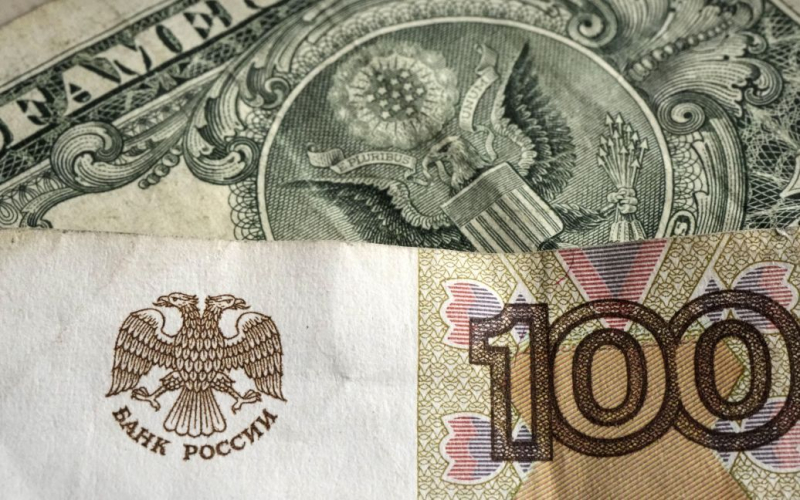
Also, the Russian Central Bank drew attention to the sharp depreciation of the ruble since early December.
The return of assets blocked abroad by Russian banks is unlikely.
This is stated in the report of the Central Bank of the Russian Federation.
“The prospects for the return of these assets seem extremely low, despite the fact that from a legal point of view they have not yet been confiscated,” the message says.
Because of this, the Central Bank of the Russian Federation proposes to provide banks with an installment plan for 10 years (until December 31, 2032) to create reserves, which should compensate for losses on completely blocked assets.
Also, the Russian regulator drew attention to the sharp depreciation of the ruble since early December. The fall accelerated in the middle of the month. The dollar jumped to 72.63 rubles (a maximum since April 28), the euro – up to 77.11 rubles (a maximum since April 27).
Recall that Russian dictator Putin signed a decree in response to the introduction of a maximum price for Russian oil. TSN.ua figured out whether the price cap would hit Russia's income and the financing of the war against Ukraine.
Due to the lack of money from the oligarchs of the Russian Federation, they propose to take and nationalize resources to finance the war.

